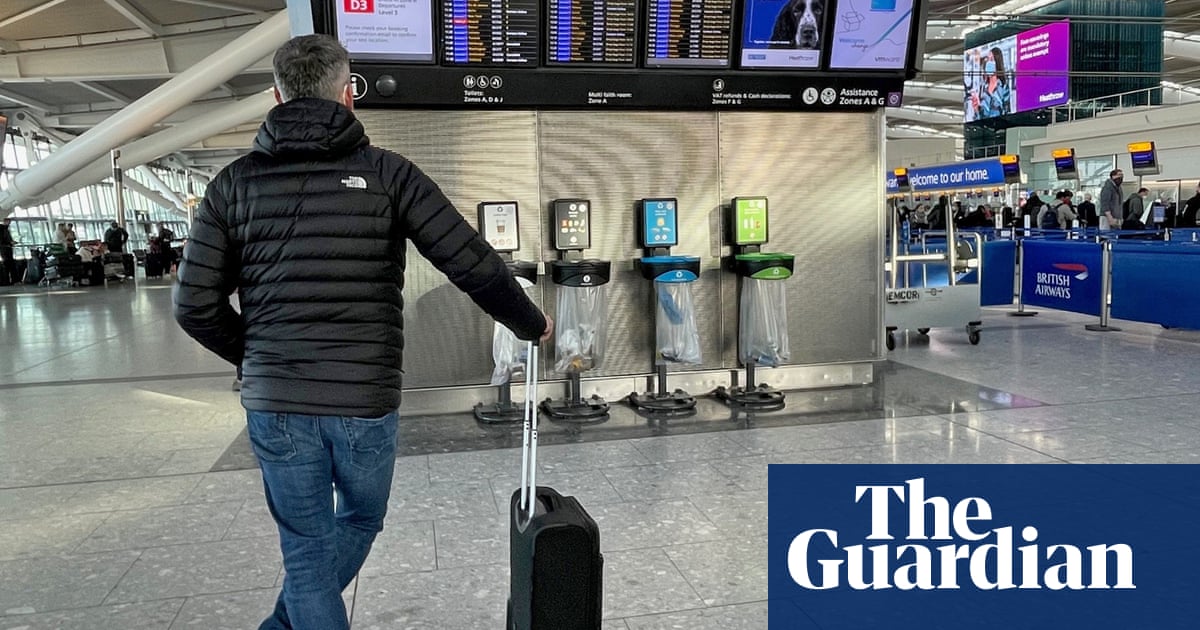EU countries have agreed to increase the amount of time aircraft passengers are delayed before they can qualify for compensation.
Passengers on short-haul flights would have to be delayed by four hours or more before they could claim compensation, under the plans. For long-haul flights delays would have to be six or more hours. Current EU rules dictate that passengers can ask for compensation if their flight is delayed for more than three hours.
The EU countries also agreed to increase the amount of compensation for those delayed on short-haul flights from €250 (£211) to €300, but plan to reduce compensation for long-haul flights from €600 to €500.
The revision of the EU’s air passenger rights was initially proposed in 2013 by the European Commission. It has taken 12 years of negotiations for member states to reach an agreement on changes to the timeframe for compensation, and the plans still have to be negotiated with the European parliament before they become law.
The European Consumer Organisation, the BEUC, said the plan would deprive “the majority of passengers from their compensation rights”, as most delays are between two and four hours.
The trade body Airlines for Europe (A4E), which represents companies such as Ryanair, easyJet and Lufthansa, also condemned the plan because it wanted delay times to be even longer before compensation payments kick in.
Ourania Georgoutsakou, the A4E managing director, said: “Europe has been waiting for transparent and workable passenger rights for 12 years and member states have fallen at the final hurdle to deliver.
“Rather than providing delay thresholds of five and nine hours that would save up to 70% of rescuable cancelled flights, member states have diluted the European Commission’s original proposal and introduced even more complexity.”
The European Commission’s initial plan included extending the time to five hours for short-haul flights and nine for long-haul.
The agreement also includes a “right to be rerouted” when there are long delays, automating forms for compensation and stronger rights for passengers with disabilities or reduced mobility.
Sign up toBusiness Today
Get set for the working day – we'll point you to all the business news and analysis you need every morning
after newsletter promotion
Philippe Tabarot, the French transport minister, said he was pleased with the agreement. He wrote on X: “The text could have been more ambitious, but it is an important step towards improving the quality of service offered to air passengers.”
Under current rules in the UK, airlines must compensate passengers if their flight arrives at its destination more than three hours late and extraordinary circumstances did not cause the delay.
For short-haul flights under 1,500km (932 miles), passengers can be compensated up to £220. This rises to £350 for medium-haul flights between 1,500km and 3,500km. For long-haul flights over 3,500km, delayed passengers can be paid up to £520, although this can be lowered to £260 if the passenger arrives at the destination with a delay of less than four hours.
